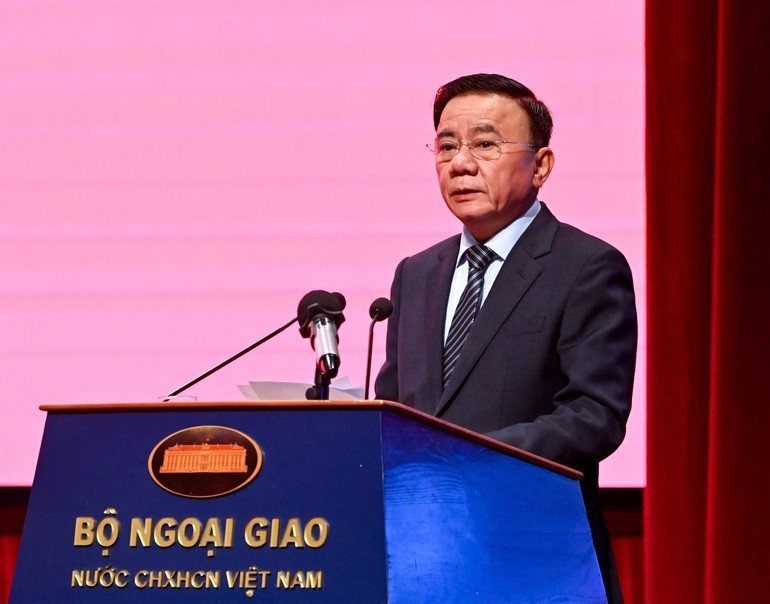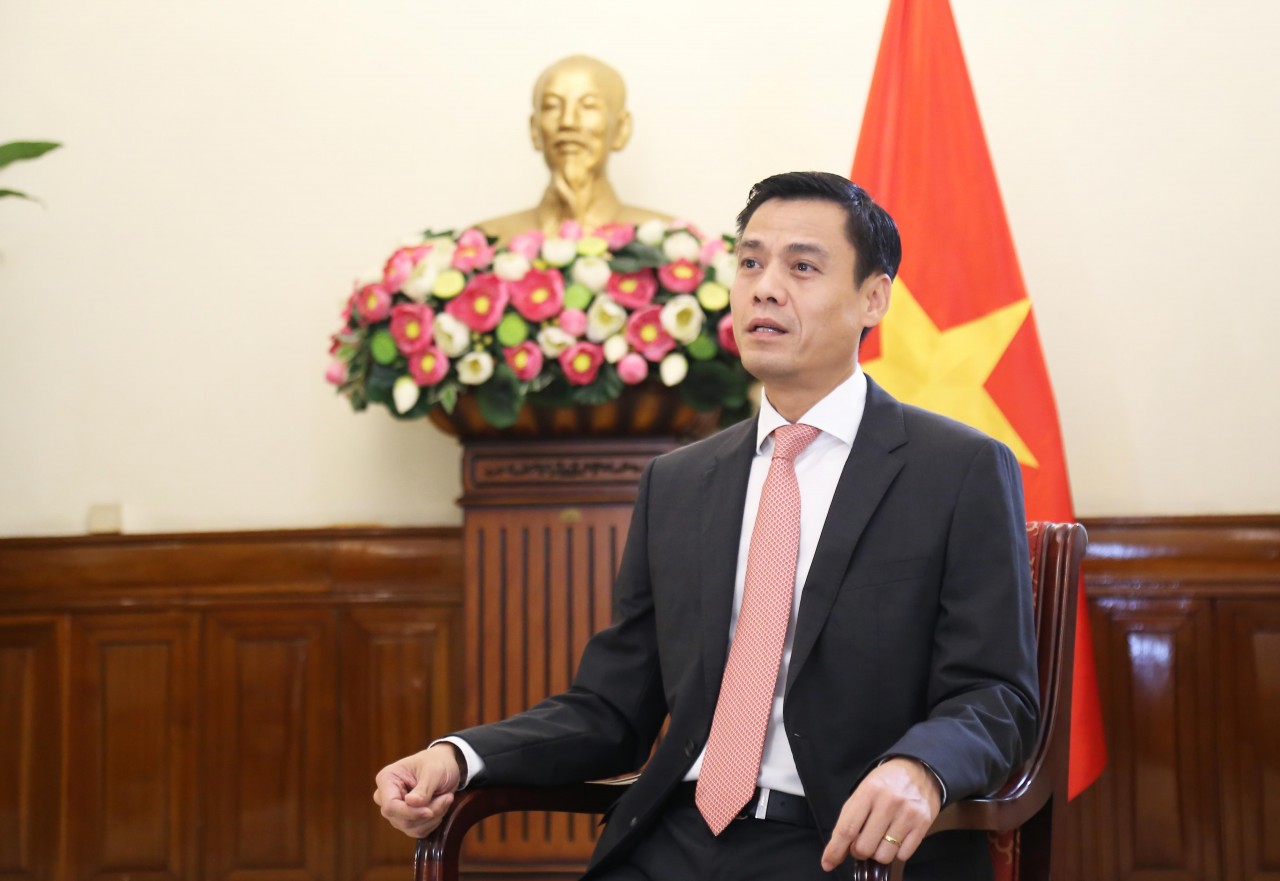Vietnam’s Multilateral Diplomacy: Eight Decades of Commitment and Global Integration
| Cambodian newspaper praises Vietnam’s multilateral diplomacy | |
| PM highlights Vietnam’s multilateral diplomacy |
On the occasion of the 80th anniversary of the diplomatic service, could you share the milestones and contributions of multilateral diplomacy to the overall achievements of Vietnam’s foreign affairs?
Multilateral diplomacy is an inseparable component that has accompanied our country’s diplomacy since its very inception.
Right after the birth of the Democratic Republic of Vietnam in 1945, President Ho Chi Minh identified multilateral diplomacy as one of the priorities of the new diplomatic service. This was demonstrated by his letter to the President of the First Session of the United Nations General Assembly, in which he expressed Vietnam’s aspiration to join the organization and its readiness to contribute to the international community’s efforts for peace, security, and development.
Over the past eight decades, multilateral diplomacy has always been a companion to the nation’s glorious revolutionary cause. During the struggle for national independence and reunification (1945-1975), multilateral diplomacy opened an important front, helping to rally international support for the just struggle of our people. Historic milestones in multilateral diplomacy, such as the 1954 Geneva Agreement and the 1973 Paris Agreement, affirmed the position of an independent, unified Vietnam with its fundamental national rights recognized on the international stage.
Since 1975, in the period of socialist construction and Doi Moi, multilateral diplomacy has achieved tremendous accomplishments, playing an important role in breaking the blockade and embargo, firmly safeguarding territorial sovereignty, maintaining a peaceful and stable environment, enhancing the country’s position, and attracting resources for development.
Vietnam’s becoming a member of the United Nations in 1977 carried significant political and legal meaning, confirming the full membership of an independent and unified Vietnam in the world’s largest multilateral organization. Persistent multilateral diplomatic efforts also facilitated the signing of the 1991 Paris Agreement to resolve the Cambodia issue, a breakthrough that helped open the way for Vietnam’s relations with other countries, especially major powers such as China and the United States, as well as with international and regional organizations.
If joining ASEAN in 1995 marked the country’s regional integration, then accession to the World Trade Organization (WTO) in 2007 was a landmark that officially integrated Vietnam’s economy into the global economy.
It can be said that multilateral diplomacy has enabled Vietnam to transform profoundly, achieving an increasingly important role and status in the international arena and in the eyes of international friends. From being besieged and isolated, Vietnam has become a member of nearly all multilateral cooperation and integration mechanisms, at the global level (the UN, WTO, World Bank, IMF), interregional level (ASEM, APEC), and regional level (ASEAN, ADB), and has built a network of free trade agreements with almost all leading global economic and trade centers. From a poor, underdeveloped nation, after nearly 40 years of reform and extensive international integration, Vietnam has become a dynamic developing country with the world’s 32nd largest economy.
Furthermore, Vietnam’s multilateral diplomacy has left a strong imprint by elevating and affirming the country’s increasingly prominent role and position through active and substantive contributions to global affairs and solutions to common challenges.
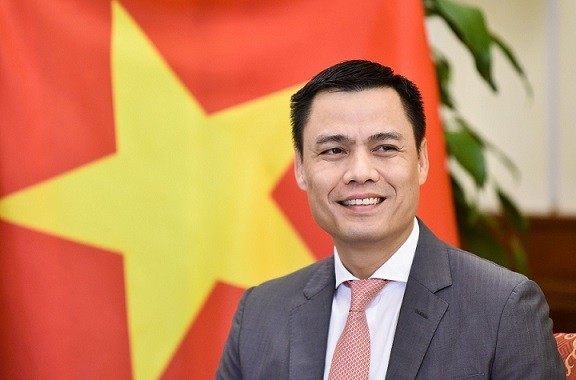 |
| Deputy Foreign Minister Dang Hoang Giang. (Photo: Ministry of Foreign Affairs) |
Vietnam has successfully undertaken many important international responsibilities, notably as ASEAN Chair, APEC Summit Host, non-permanent member of the UN Security Council, member of the Human Rights Council, Vice President of the UN General Assembly, member of the UN International Law Commission, member of the IAEA Board of Governors, and participant in numerous UNESCO governing bodies. Vietnam has also deployed officers and soldiers to contribute to United Nations peacekeeping missions.
Looking back on 30 years of ASEAN membership and nearly 50 years of UN membership, Vietnam has clearly demonstrated its role as a responsible nation, a reliable partner, and a committed member working for the common cause. Vietnam’s increasingly proactive and substantive contributions stand as clear evidence of its strategic vision, diplomatic courage, and action-oriented mindset. From ASEAN to the global forum of the United Nations, Vietnam has always accompanied the international community, contributing to peace, cooperation, and sustainable development.
At the same time, we have actively promoted priorities and initiatives aligned with the common interests of the international community while bearing Vietnam’s own imprint. These include initiatives on climate change response and human rights, the International Day of Epidemic Preparedness (December 27), the International Day of Play (June 11), the Group of Friends of the 1982 UN Convention on the Law of the Sea (UNCLOS), as well as hosting the ASEAN Future Forum, successfully chairing the 35th Meeting of States Parties to UNCLOS, and, in October 2025, for the first time hosting the signing ceremony of a global treaty - the UN Convention on Countering the Use of Information and Communications Technologies for Criminal Purposes.
With decisive shifts from thinking to action, multilateral diplomacy is and will continue to play an active role in building, developing, and safeguarding the Fatherland in the new era.
In your opinion, what are the strategic orientations for multilateral diplomacy in the coming time to uphold the pioneering and essential role of Vietnam’s diplomacy?
The international landscape continues to evolve towards multipolarity and multicentricity; major power strategic competition is becoming increasingly fierce and comprehensive. Global issues such as conflict, pandemics, climate change, food and energy security, as well as emerging trends like strategic autonomy, digital transformation, green transition, and the Fourth Industrial Revolution, are exerting strong impacts on international life. Nevertheless, peace, cooperation, and development remain the overarching trend and the main current in international relations.
Despite major challenges, multilateral institutions continue to play an irreplaceable role in global governance. Multilateralism, international law, and participation in multilateral cooperation occupy an important place in the foreign policies of countries, given the need to address global challenges that no single nation can resolve alone.
In this context, multilateral diplomacy plays a crucial role in contributing to the successful fulfillment of the tasks of the diplomatic service in particular, and of the nation as a whole, in this era of national resurgence. It will continue to consistently implement the foreign policy of openness, diversification, multilateralization, and increasingly comprehensive and deep international integration in the spirit of “Vietnam as a friend, a reliable partner, and a responsible member of the international community.” Accordingly, multilateral diplomacy in the time ahead should define the following strategic orientations:
First, multilateral diplomacy must continue to effectively contribute to safeguarding independence, sovereignty, territorial integrity, and national interests, thereby maintaining a peaceful and stable environment and consolidating the strategic security perimeter. To this end, we need to make fuller use of multilateral forums to uphold international law, resolve international disputes peacefully, and sustain and promote international attention and support for issues of vital interest to us, including the South China Sea.
We must enhance the effectiveness of our participation in, and elevate our contributions to, the building of the ASEAN Community. Preserving ASEAN’s foundational principles and core values, such as solidarity, consensus, resilience, and unity in diversity, will continue to be Vietnam’s strategic priority in the time ahead to ensure a truly peaceful, stable, and prosperous regional environment. At the same time, we must remain steadfast, skillful, and judicious in handling complex international issues at multilateral forums to maintain balance and ensure a favorable external environment.
Second, multilateral diplomacy must play a pioneering role in creating the most favorable conditions for Vietnam’s rapid and sustainable development by engaging in multilateral mechanisms on the economy and trade, mobilizing resources, knowledge, and international expertise. We should effectively leverage the knowledge and expertise of multilateral organizations such as the UN’s funds, programs, and specialized agencies, the World Bank, the International Monetary Fund, and other reputable global forums in formulating socio-economic development plans, promoting reform and transformation of the growth model, harnessing science, technology, and innovation, advancing digital and green transitions, improving institutions and governance, and developing high-quality human resources in the years to come.
Multilateral diplomacy must also promptly grasp new trends and opportunities in economic linkages, cooperation, trade, and investment, promote participation in new-generation free trade agreements, and translate international commitments, standards, and progressive practices into improved domestic economic, social, and cultural development.
Third, multilateral diplomacy must continue to elevate Vietnam’s role, prestige, and voice through more substantive contributions - ideas, personnel, and resources - to addressing global issues and participating in important multilateral processes. Vietnam needs to be more proactive in assuming multilateral responsibilities, hosting major multilateral events, and striving to play a leading, pioneering role in areas aligned with our capabilities and interests. In the near future, we are actively preparing to assume the Presidency of the Review Conference of the Treaty on the Non-Proliferation of Nuclear Weapons (NPT) in 2026 and the APEC Year 2027.
Fourth, given Vietnam’s increasingly important position and voice in multilateral forums and organizations, multilateral cooperation has become a strategic and indispensable component of Vietnam’s bilateral cooperation frameworks. Therefore, multilateral diplomacy must actively contribute to expanding and deepening bilateral relations with other countries, particularly major powers, important partners, and traditional friends. In doing so, we can weave a web of intertwined interests, thereby making Vietnam an increasingly significant factor in other countries’ foreign policies.
In your view, what does the diplomatic service need to do to implement the current important tasks of multilateral diplomacy?
First, to implement comprehensively and effectively, and to harness multilateral diplomacy in service of the country’s development goals, it is necessary to constantly enhance awareness and to consolidate, develop, and innovate thinking about multilateral diplomacy in a deeper and more comprehensive manner. We must thoroughly implement the Party’s strategic directives, including the Resolution of the 13th National Party Congress, Politburo Resolution 59-NQ/TW on international integration in the new context, Secretariat Directive 25-CT/TW on strengthening and elevating multilateral diplomacy until 2030, and Conclusion 59-KL/TW on orientations for ASEAN participation until 2030.
At the same time, we must further shift our mindset from “participation” to “proactive engagement”; set clear, focused, and effective orientations for engaging in regional and global multilateral institutions; proactively propose initiatives; shape the agendas of multilateral forums; and be responsive and agile in seizing new opportunities across different fields.
Second, we need to continue developing and perfecting the legal framework, regulations, mechanisms, and domestic policies to remove bottlenecks and meet the requirements of strengthening multilateral diplomacy in a comprehensive, effective, and robust manner, including the effective implementation of international treaties, agreements, and commitments.
Third, we must increase investment in financial and human resources for multilateral diplomacy, commensurate with Vietnam’s capabilities and status. In particular, we must train and build a strong, professional corps of officials for multilateral diplomacy who possess political courage, expertise, competence, and multilateral skills, especially developing experts with deep knowledge of important multilateral issues closely linked to Vietnam’s interests. We must also establish mechanisms and policies for seconding Vietnamese officials to work in international and regional organizations, including leadership positions, to lead processes and institutions.
Fourth, it is essential to ensure close coordination among ministries, sectors, and levels, particularly through mechanisms for regular coordination and consultation between Party agencies, ministries, sectors, and localities, to guarantee unity in thinking and concerted action. This is indispensable as Vietnam’s participation in regional and international multilateral forums increasingly requires interconnection and specialization.
Finally, we must improve the quality and proactivity of monitoring, research, timely forecasting, and strategic advisory work, to grasp international and regional developments, strategic shifts, global trends, multilateral issues, and the multilateral policies of other countries, especially major powers and key partners. This will enable us to respond accurately and appropriately to the new situation and context, ensuring that multilateral diplomacy will continue to accompany the nation as it confidently advances into a new era - the era of Vietnam’s national rise.
Thank you very much!
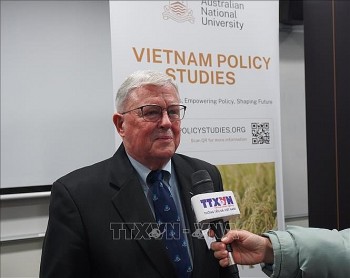 | Vietnam Is a Dynamic Country in Multilateral Diplomacy From the perspective of Professor Carl Thayer - a leading Vietnam expert at the Australian Defence Force Academy, University of New South Wales - Vietnam ... |
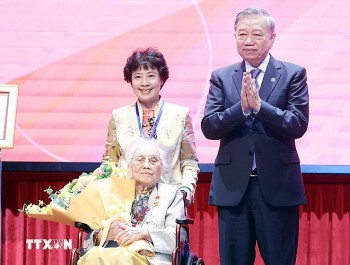 | Vietnamese Diplomacy Asked to Help Connect Cooperation, Enhance Nation's Standing Hailing the sector’s outstanding achievements and contributions, Party General Secretary To Lam stressed that the Vietnamese diplomatic service is now facing a historic mission. He ... |
Recommended
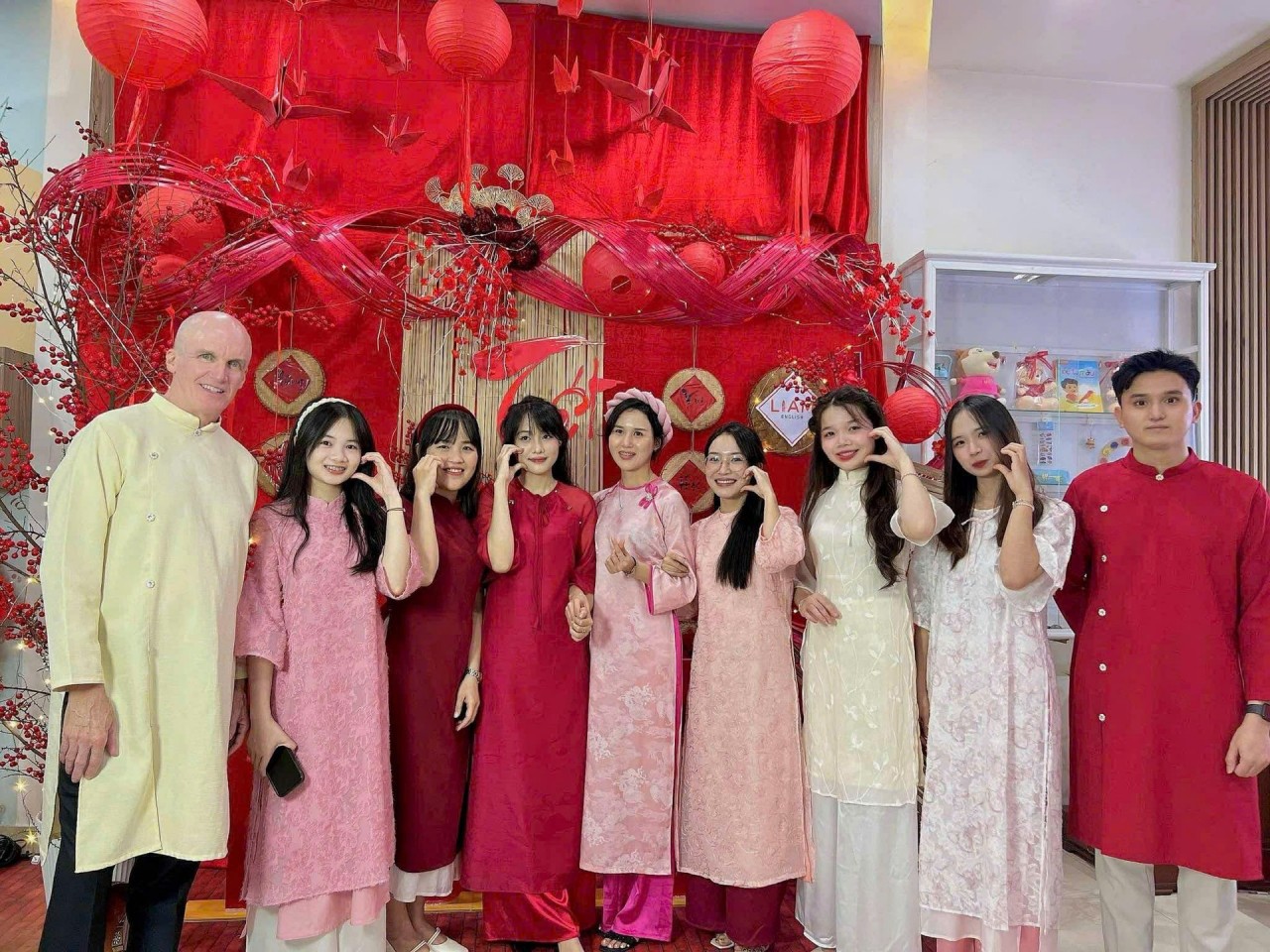 Expats in Vietnam
Expats in Vietnam
Vietnamese Tet - Where “Friends from Afar” Find a Sense of Belonging
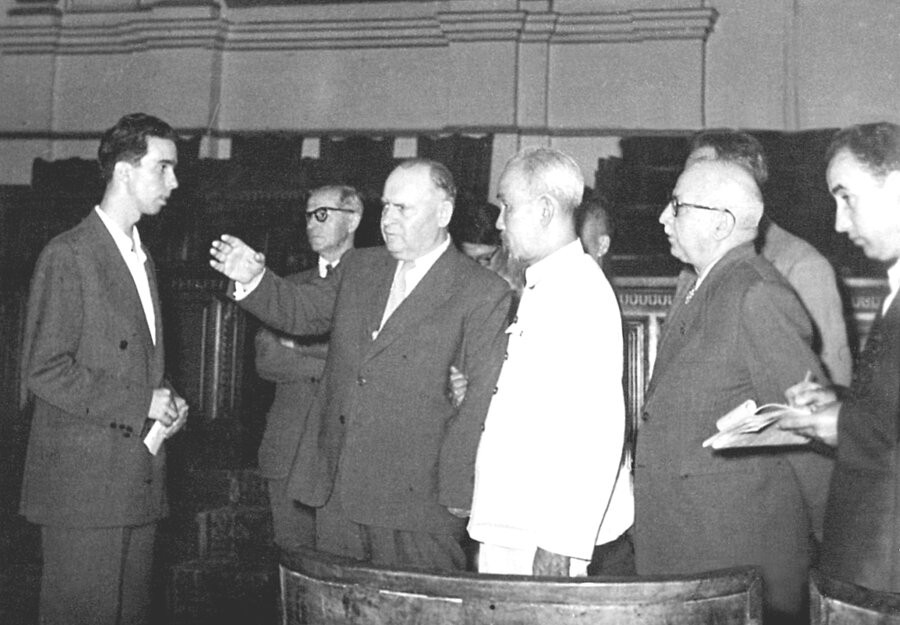 Viet's Home
Viet's Home
Ho Chi Minh’s Legacy in the Land of Roses - Bulgaria
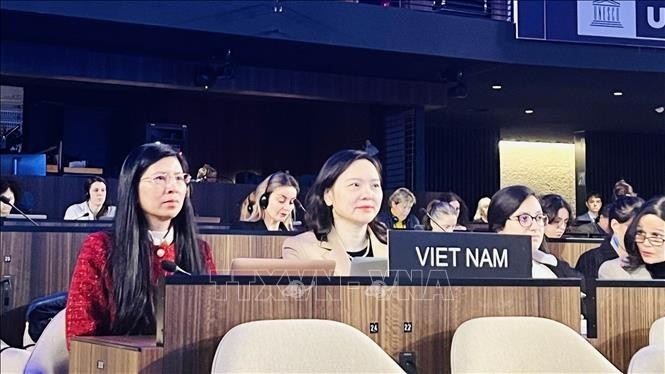 Viet's Home
Viet's Home
Vietnam Continues to Work with UNESCO to Safeguard Cultural Diversity in the Digital Era
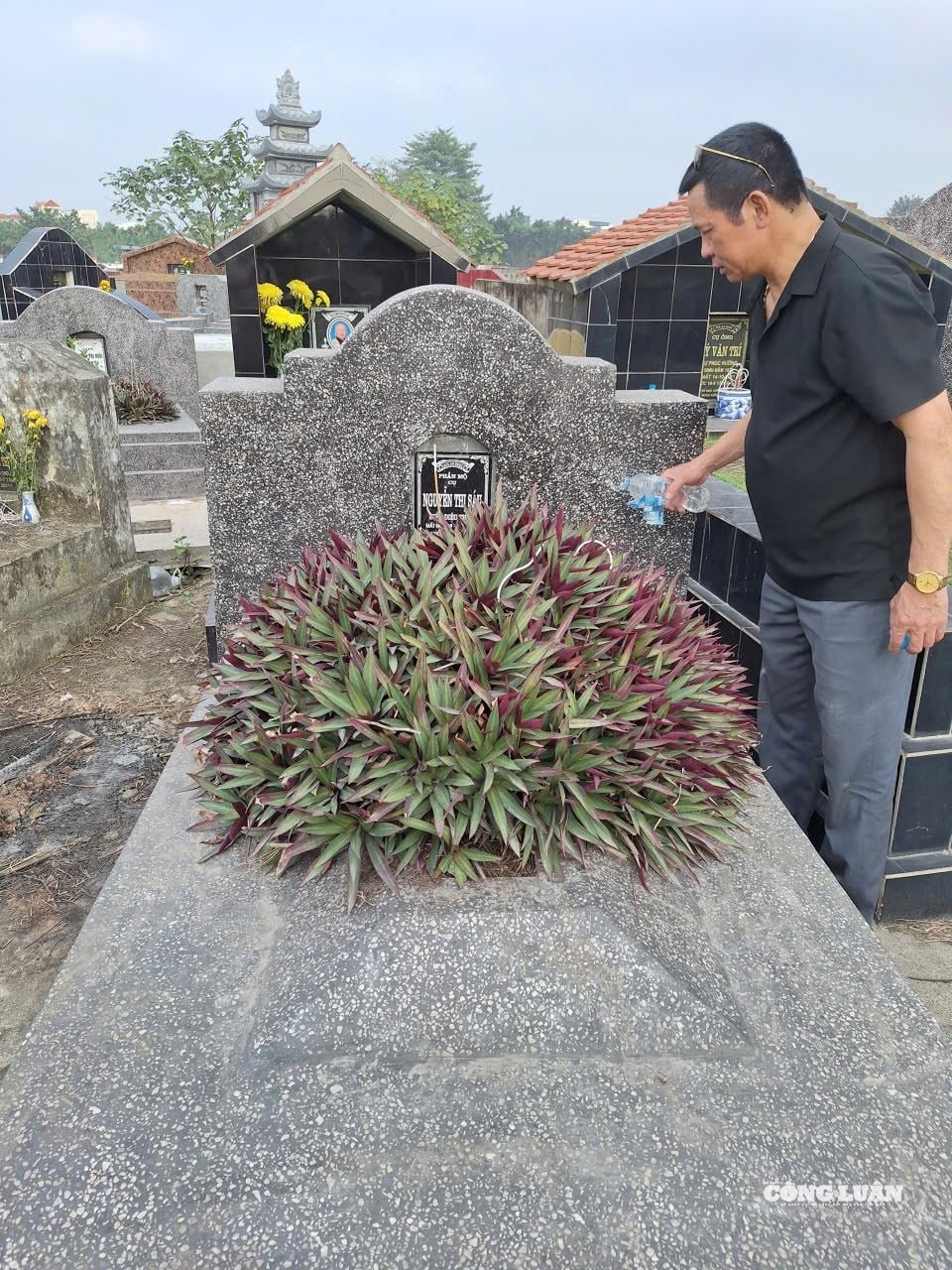 Viet's Home
Viet's Home
Inviting Ancestors Home for Tet
Popular article
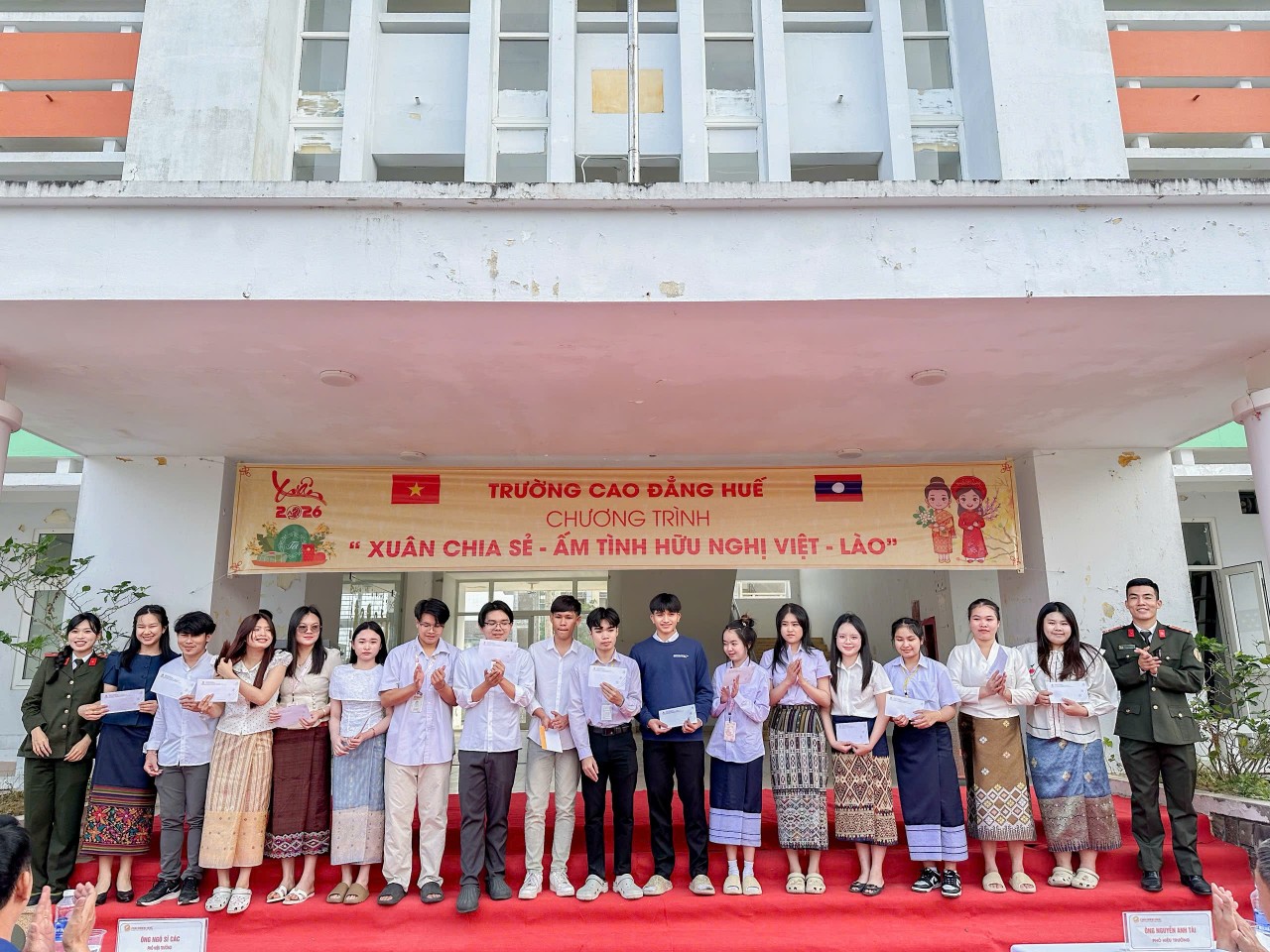 Viet's Home
Viet's Home
Universities In Vietnam Organize Tet Activities For International Students
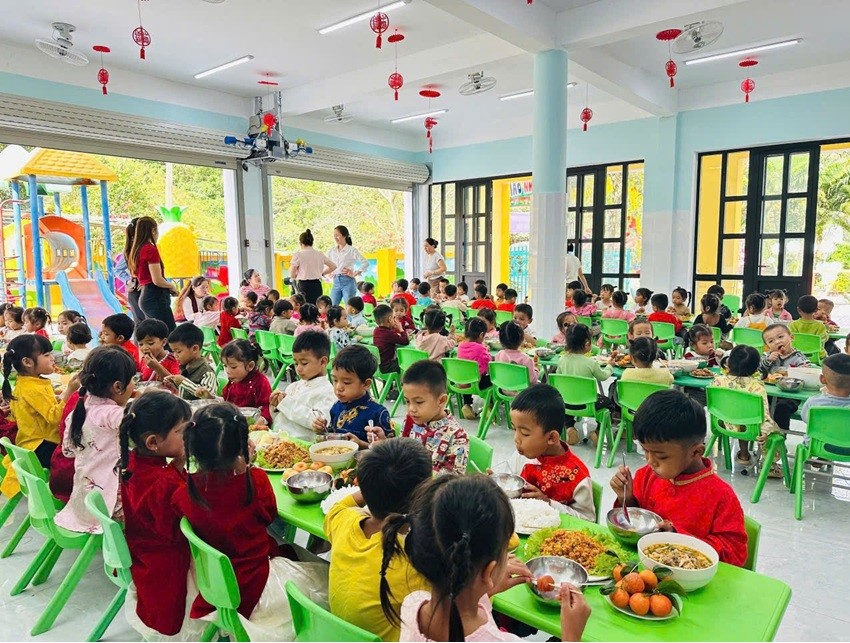 Viet's Home
Viet's Home
Zhi Shan Foundation Sent Tet gifts to Over 3,000 Children in Mountainous Region of Quang Tri
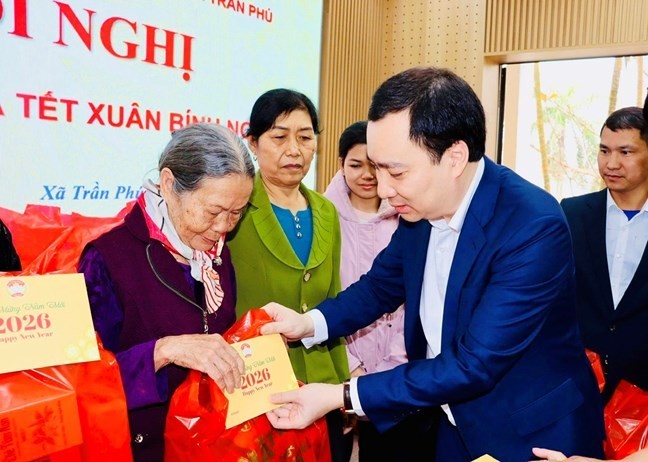 Viet's Home
Viet's Home
Hai Phong Brings Lunar New Year Gifts to Disadvantaged Families in Tran Phu Commune
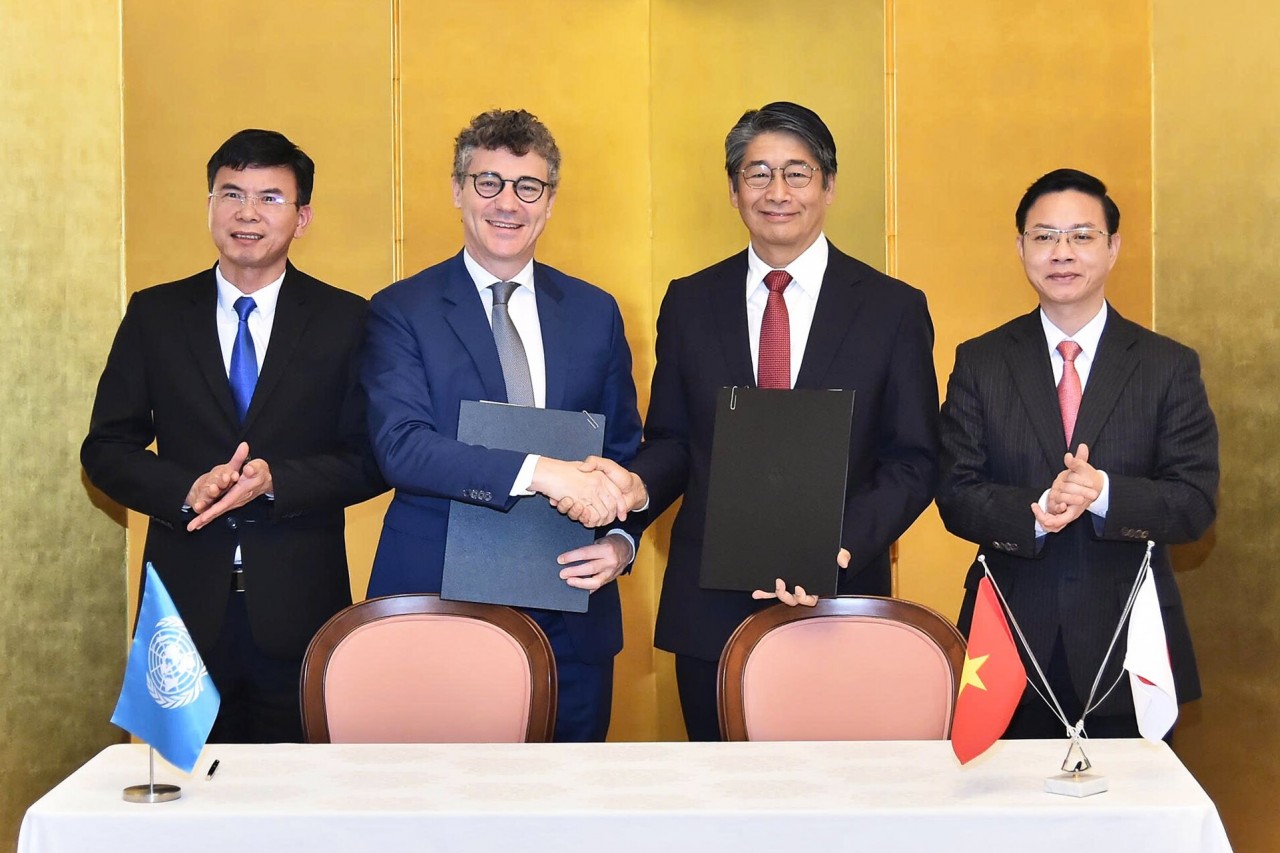 Viet's Home
Viet's Home




